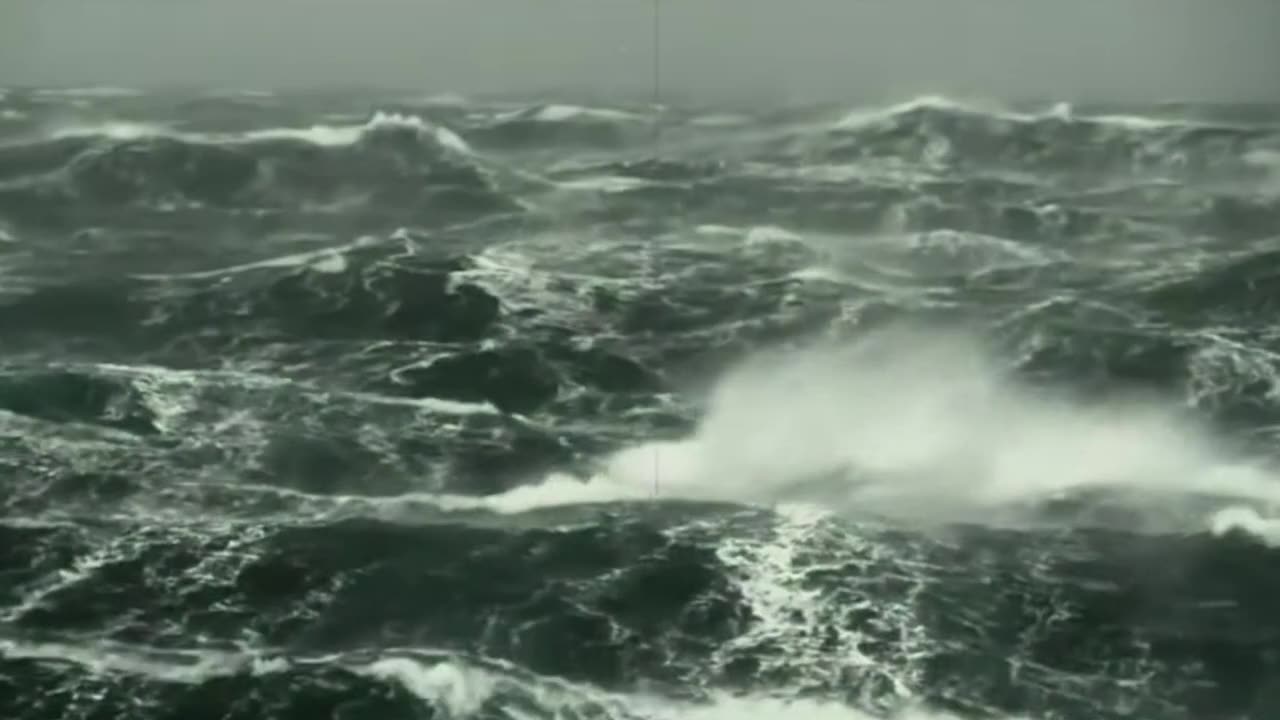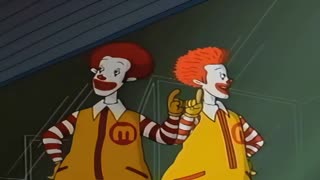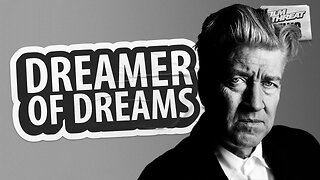Premium Only Content

Piano Man Captain Jack Billy Joel
Piano Man Album: Piano Man (1973)
Captain Jack Album: Piano Man (1973)
by Billy Joel
Piano Man was inspired by Joel's experiences playing at The Executive Room, a piano bar in Los Angeles. He worked there for six months in 1972 after his first solo album, Cold Spring Harbor, tanked. The characters in the song are based on real people Joel encountered while working at The Executive Room.
The "waitress practicing politics" is Elizabeth Weber, who ended up becoming his first wife when Joel married her in 1973 (they divorced in 1982).
Joel played under the name Bill Martin, which explains why the patrons in the song call him Bill. Martin is his middle name.
Joel recalled to the Metro newspaper July 6, 2006 his time playing at The Executive Room: "It was a gig I did for about six months just to pay rent. I was living in LA and trying to get out of a bad record contract I'd signed. I worked under an assumed name, the Piano Stylings of Bill Martin, and just bulls--ted my way through it. I have no idea why that song became so popular. It's like a karaoke favorite. The melody is not very good and very repetitious, while the lyrics are like limericks. I was shocked and embarrassed when it became a hit. But my songs are like my kids and I look at that song and think: 'My kid did pretty well.'"
Regarding the limericks statement, Joel points out that this is best heard in the following verse, which if you read with a sprightly pace, does sound like one:
Now John at the bar is a friend of mine
He gets me my drinks for free
And he's quick with a joke or to light up your smoke
But there's someplace that he'd rather be
Piano Man is the first song and title track to Joel's breakthrough album, which he released after signing with Columbia Records. His first album was released by Family Records in 1971, and the contract Joel signed to get that deal came back to haunt him. As is often the case with young musicians, Joel did not understand the contract, and it bound him "for life" to the label. Joel was forced to pay royalties to Family for years after breaking the deal and signing with Columbia.
Piano Man is in waltz time (3/4), which is unusual for a pop song. Some other songs that use this time signature are "Iris" by the Goo Goo Dolls, "Kiss From A Rose" by Seal and Joe Cocker's version of "With A Little Help From My Friends."
The line "Paul is a real estate novelist" is about a real estate broker who was a regular at the bar who always claimed to be working on a book. Joel figured Paul would never finish because he was always in the bar.
The harmonica part was inspired by Bob Dylan. Dylan was the first person Joel saw use a strap to hold the harmonica so he could play another instrument at the same time.
Piano Man is one that every piano bar player has to deal with, since unimaginative patrons will inevitably ask for it. Joel points out, however, that the song can be quite dull when played in this format. He told Howard Stern in 2014: "I think it's a decent song. It doesn't change too much. When they play it on the piano as an instrumental, it gets really boring because it's the same thing over and over and over."
Joel often plays Piano Man as the encore at his live shows.
The album version runs 5:37, but the single was cut down to 4:30 to make it more attractive to radio stations, which favored shorter songs.
Elton John makes reference to a piano man in his 1971 song Tiny Dancer. He and Joel became friends and have toured together.
The lyrics, "And he's talkin' with Davy who's still in the Navy and probably will be for life" were inspired by David Heintz. His daughter Lisa told us: "He met Billy Joel in a pub in Spain in 1972 while he was in the Navy. He married while he was in the navy, had three children. He passed away in 2003 of ALS. It really hurts when I hear this song played on the radio and they leave this part out."
Weird Al Yankovic did a parody of Piano Man called "Ode to a Superhero," which describes events from the Spider-Man movie. The original chorus line, "Sing us a song, you're the piano man" is turned into "Sling us a web, you're the Spider-Man."
The Spanish singer Ana Belen made a version of this song in Spanish called "El Hombre Del Piano." The lyrics of her song are quite different from the original; they talk more about The Piano Man's past with his wife and of his depression. The people in the bar are hardly mentioned.
At the end of the video for his song "You're Only Human (Second Wind)," Joel walks off the bridge playing the harmonica phrase from this song after saving a young man from suicide.
Piano Man has surprising appeal to a younger generation, something that Joel learned when he played the Bonnaroo festival in 2015 and the crowd sang along. He told Entertainment Weekly the response was unexpected, since it's "an old, long song about a guy at a depressing piano bar."
There is an accordion in the mix, played by Michael Omartian. "It is a nice, subtle addition in the background that you really have to listen for because of the more dominant reed instrument being used," accordion player Tom Torriglia says. "I like that the accordion doesn't compete with its cousin, the harmonica, for space in the song. The accordion adds a bit of melancholy."
Captain Jack is based on a real person: A drug dealer who lived near Joel in Oyster Bay, New York. But, as the singer explained in a 1975 interview with ZigZag, the character "Captain Jack" was a composite of different kinds of people. Said Joel: "I was just sitting around one day looking out of the window wondering what I was going to write about, and kinda wrote about what was going on outside. I mean, Long Island is a suburb and it was about a suburban type of character. There's a lot of frustration living in the suburbs - you don't have an identity as you would if you came from the city or the country, there's city music and there's country music, but there's really no suburban music, you kinda copy the city. You have both influences pulling on you."
Joel considers Captain Jack an anti-drug song, as he sings about how their users become apathetic and lifeless. Before playing the song at concerts, Joel has explained to the audience that the song is about spoiled, lazy, apathetic young college students who don't care about much other than partying and having sex; their family has money and paid for them to receive a good education, but they toss it away and don't care for anything except 'good ol' Captain Jack.
"I was puzzled as to why young, affluent suburban kids would go to score drugs from a guy in a housing project," said Joel. "How bad can life be where you have to get that junked out?"
While many songs contain references to masturbation (check out "She Bop" or "Whip It"), this is one of the few that actually uses the word "masturbate" in the lyrics. Joel says that his record company, Columbia, has never interfered with his music and made no effort to change it.
Before he recorded Captain Jack, Joel performed it at a showcase concert held at Sigma Sound Studios in Philadelphia, which was broadcast on the Philly radio station WMMR. The concert took place on April 15, 1972, when Joel was a little-known artist. WMMR was a "progressive rock" station whose format encouraged variety and discovery, so the concert was a boon for them as they introduced Joel to their audience. The station started playing the extracted version of "Captain Jack," and requests came pouring in for the song. This helped land Joel a contract with Columbia Records, where he remained for the rest of his career. Piano Man was Joel's first album with Columbia (he had released one previous solo album on the Family label) and it included this track. The album was released on November 9, 1973, long after Joel first started performing it.
In 2011, Columbia released an expanded version of the album containing the entire WMMR concert from 1972.
With marijuana references and a 7:15 running time, this song stayed off the playlists at most radio stations. Billy Joel is a prolific hitmaker, but many of his lesser-known songs became fan favorites even though they were not commercially successful. Many of these songs, including this one, appeared on Joel's 1981 live album Songs In The Attic.
One of Joel's deep cuts, Captain Jack shows up in his setlists from time to time, but he avoids it. When Howard Stern asked Joel in 2014 if he still enjoyed performing this song, the singer replied: "Sometimes. It's long. It's a long song. By the time I get to the part about the guy in swimming pool, I'm ready to have it over."
Joel added that he loves the piano break later in Captain Jack.
Asked a similar question by Rolling Stone in 2019, Joel explained that Captain Jack didn't age well, a sentiment many fans don't share. "In the verses, there's only two chords, and it goes on and on, and it's kind of a dreary song if you think of the lyrics," he said. "The kid is sitting home jerkin' off. His father's dead in the swimming pool. He lives this dull suburban existence until he gets high. One of the last times I was singing the song, I said, 'This is really depressing.' The only relief you get is when the chorus kicks in."
Captain Jack was played at Hillary Clinton's official announcement for her Senate run in 2000. Her opponent, New York City mayor Rudy Giuliani, claimed that by playing this she was supporting drug use. In a blatant case of political grandstanding, Giuliani called a news conference and read some of the song's more offensive lyrics. Clinton's people didn't mean to play the song: they played "New York State Of Mind" but left Joel's Greatest Hits album on too long.
John Kalodner quoted Joel's explanation of Captain Jack about the "lost" affluent suburban youth in a review for Concert magazine in 1974. Said Joel: "It's about coming out of the New York suburbs, but in my travels I have seen a lot of the same suburb all over the country. The song is sort of brutal, but sometimes it is good to be brutal and offend people - it keeps them on their toes." (Source John Kalodner-The Official Site).
-
 12:59
12:59
Psychological operations
2 days agoBoogie Woogie Wu Imma Kill U Hokus Pokus Insane Clown Posse
39 -
 LIVE
LIVE
vivafrei
9 hours agoEp. 246: Eve of Trump's Inauguration! Confirmation Hearings Analysis! TikTok Goes Dark & MORE!
18,928 watching -
 LIVE
LIVE
Vigilant News Network
5 hours agoBill Gates’ New Bioterror Project Exposed | Media Blackout
1,747 watching -
 7:56:34
7:56:34
Barry Cunningham
1 day agoWATCH LIVE: TRUMP INAUGURATION MAKE AMERICA GREAT AGAIN VICTORY RALLY - 1 DAY TO GO!!
22.6K40 -
 8:36
8:36
China Uncensored
7 hours agoIs China’s EV Industry Collapsing?
127K108 -
 4:17:00
4:17:00
Tundra Tactical
23 hours ago $22.02 earnedSHOT SHOW 2025!!!!!! Whats Are We Looking Forward To Most
180K18 -
 22:53
22:53
Film Threat
1 day agoA TRIBUTE TO VISIONARY DIRECTOR DAVID LYNCH | Film Threat News
62.3K8 -
 20:30
20:30
Exploring With Nug
1 day ago $5.03 earnedMissing Father of 2 FOUND Underwater In Shallow Pond!
48.2K11 -
 19:19
19:19
This Bahamian Gyal
1 day agoThe View PRAISES Michelle Obama for DITCHING TRUMP inauguration, "when they go LOW, go even LOWER"
41K56 -
 14:25
14:25
Degenerate Jay
1 day ago $8.27 earnedThe Flash Movie Failed Because People Hate The Character? Sure.
133K17